Every year thousands of our readers vote for their favorite books of the year in the She Reads Awards. Find out more about the books that were nominated and see which book was voted the Best Nonfiction of 2022.
The winner of the Best Nonfiction of 2022 is . . .
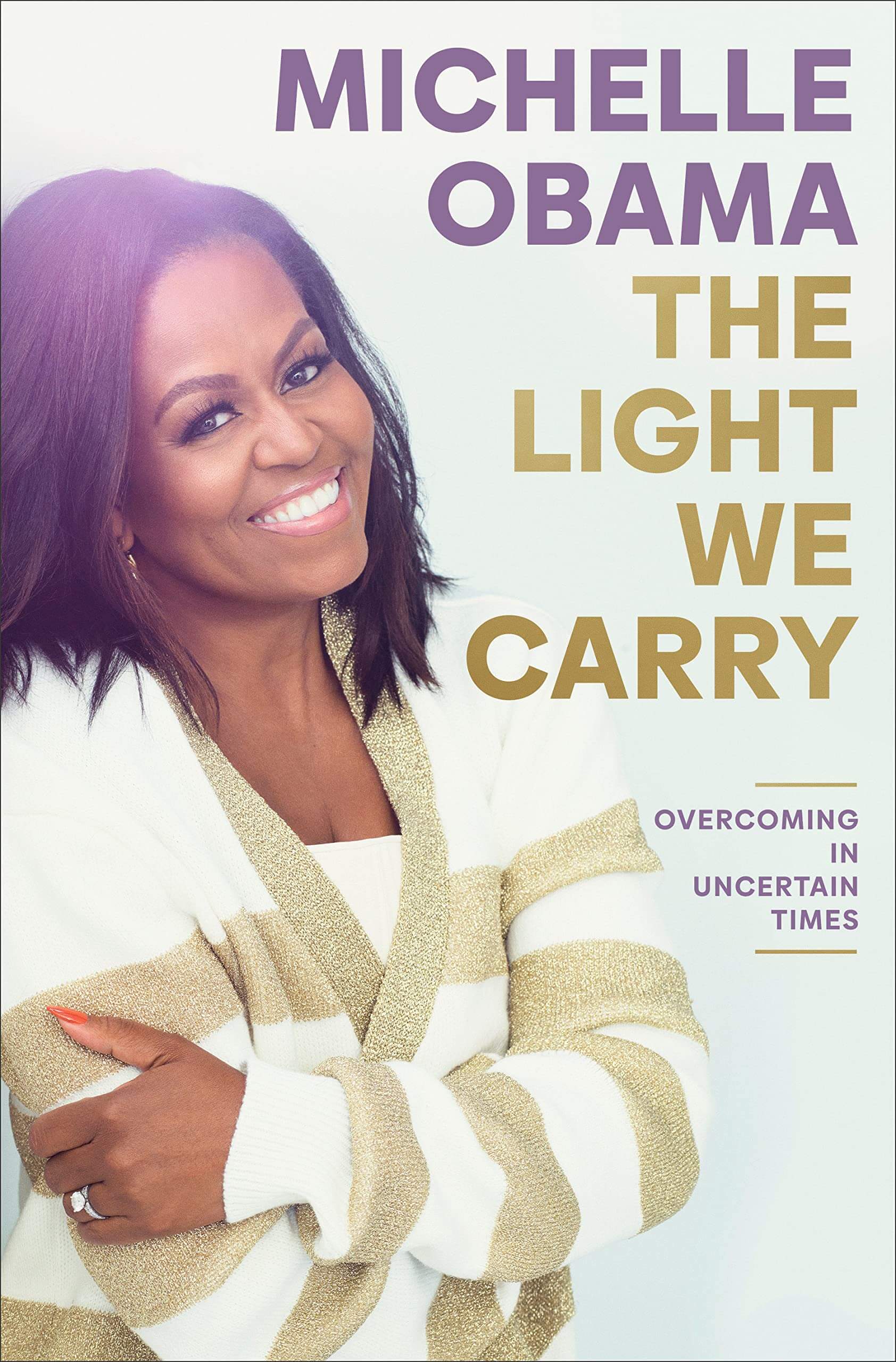
The Light We Carry by Michelle Obama
This inspiring book by former First Lady Michelle Obama offers powerful wisdom and valuable strategies for overcoming challenges in today’s unpredictable world. She shares her experiences as a mother, daughter, friend, spouse, and First Lady, describing the habits and values she developed in order to overcome obstacles in her path and adapt to change. She also discusses issues of race, gender, and visibility, inspiring readers to be courageous and kind, and to find strength in community. A meaningful collection of stories and treasured advice, The Light We Carry encourages readers to find the light within themselves and empowers them to use it.
The nominees for Best Nonfiction of 2022 are:
An Immense World by Ed Yong
Ed Young takes readers on a journey through the sensory world of wildlife, eloquently describing the sights, sounds, smells, textures, and tastes experienced by a variety of sophisticated creatures. He discusses fish that have the ability to send electrical messages down a river, turtles that can sense the Earth’s magnetic fields, and the extraordinary evolution of several other animals and insects. An immersive glimpse into the existence of creatures that experience the world in unique and beautiful ways.
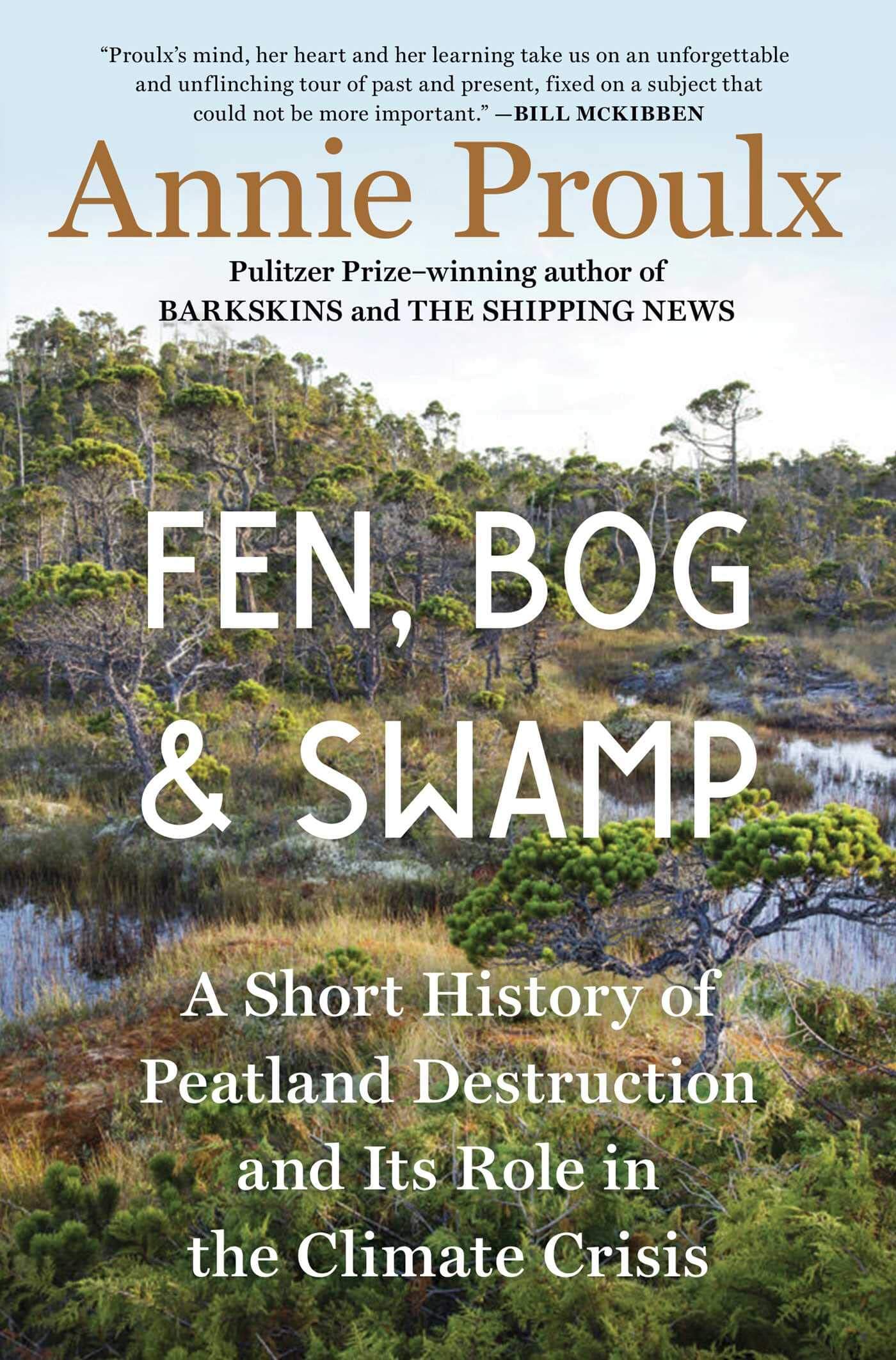
Fen, Bog and Swamp by Annie Proulx
In this captivating journey through history and call to action, renowned novelist Annie Proulx discusses the crucial role of wetlands in the preservation of the environment. She describes the way fens, bogs, swamps, and marine estuaries store the carbon emissions that contribute to climate change, and the dangers of destroying these wetlands for profit. Proulx takes readers on a tour of 16th-century England’s fens, Canada’s Hudson Bay lowlands, Russia’s Great Vasyugan Mire, and America’s Okeefenokee National Wildlife Refuge in a gripping narrative that explores the importance of these systems and the consequences that follow their destruction.
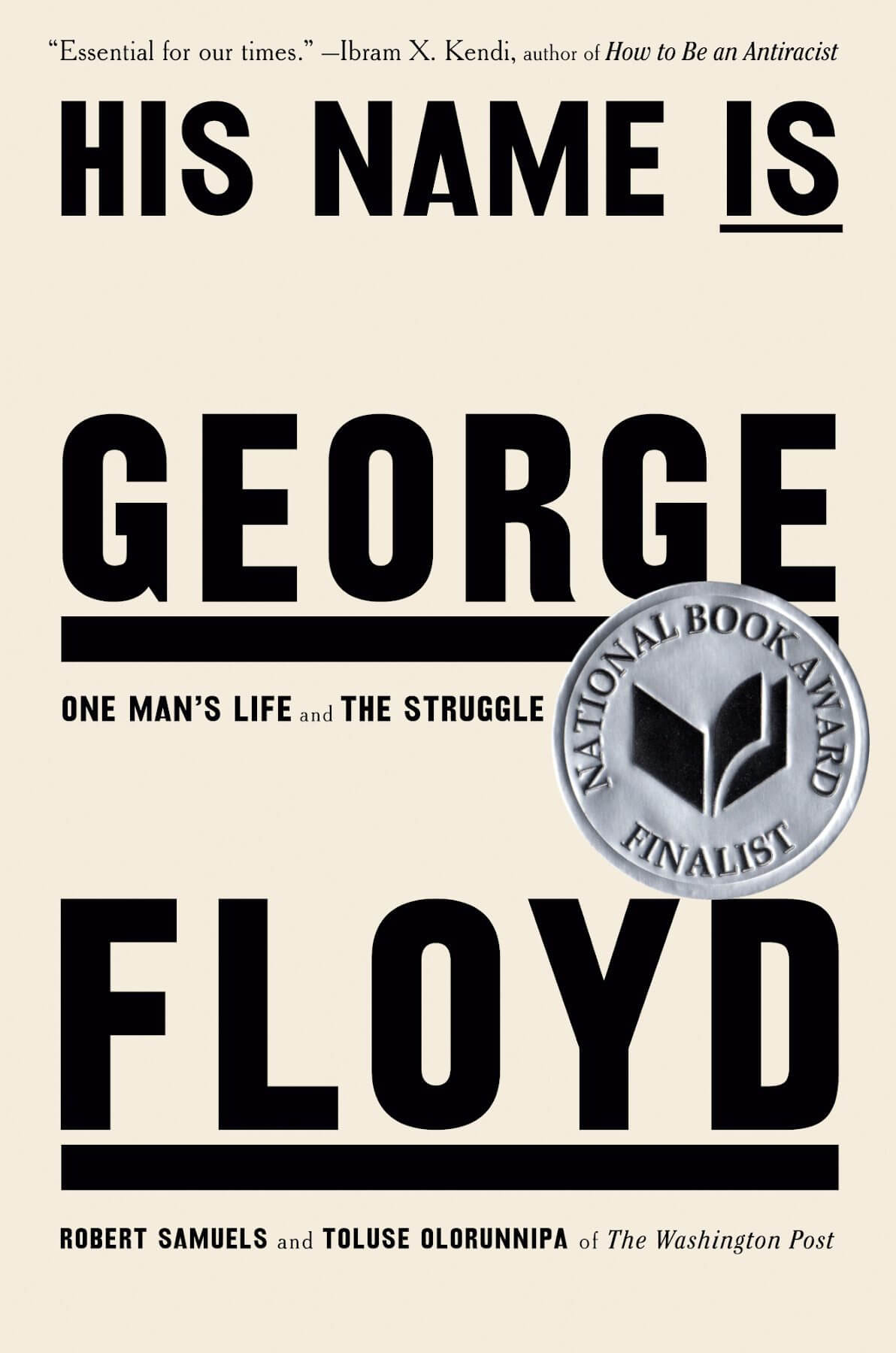
His Name is George Floyd by Robert Samuels and Toluse Olorunnipa
His Name is George Floyd is deeply researched (the authors conducted and pulled from over 400 interviews) and Samuels and Olorunnipa do their part to give Floyd the presidential biography treatment. They place his life in a broader cultural context, show his impact on his community while living, delve into the complexities of his life, and of course, show the impact he had after his murder.
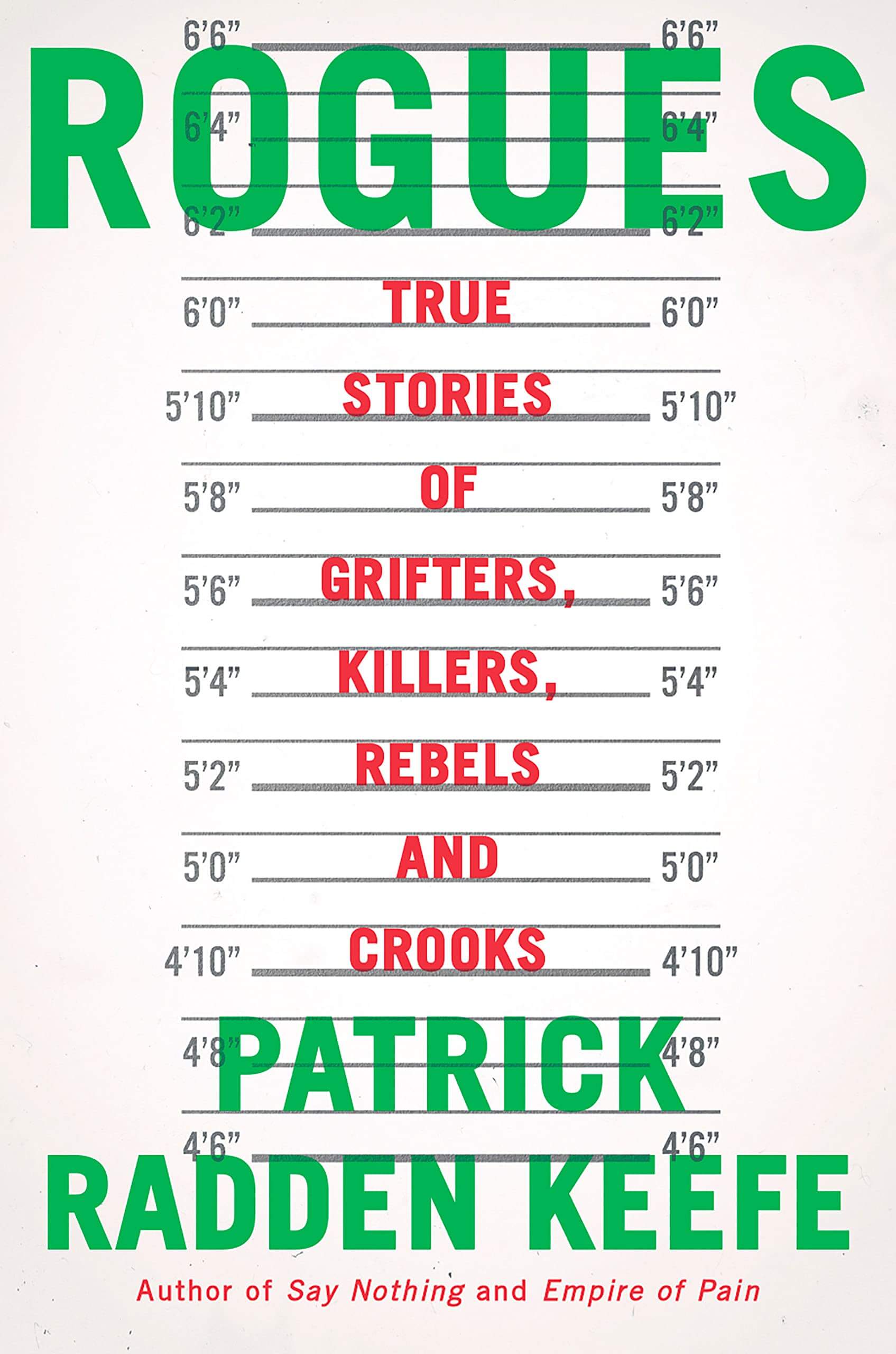
Rogues by Patrick Radden Keefe
In this collection of his most celebrated New Yorker articles, Patrick Radden Keefe explores the lives and motivations of a variety of criminals, rebels, and outliers. Amongst others, he writes about cases that deal with expensive wine forgeries, questionable whistleblowers, sketchy arms merchants, those facing the death penalty, and those who represent them. This culmination of his work paints a captivating portrait of crime, corruption, and human behavior.
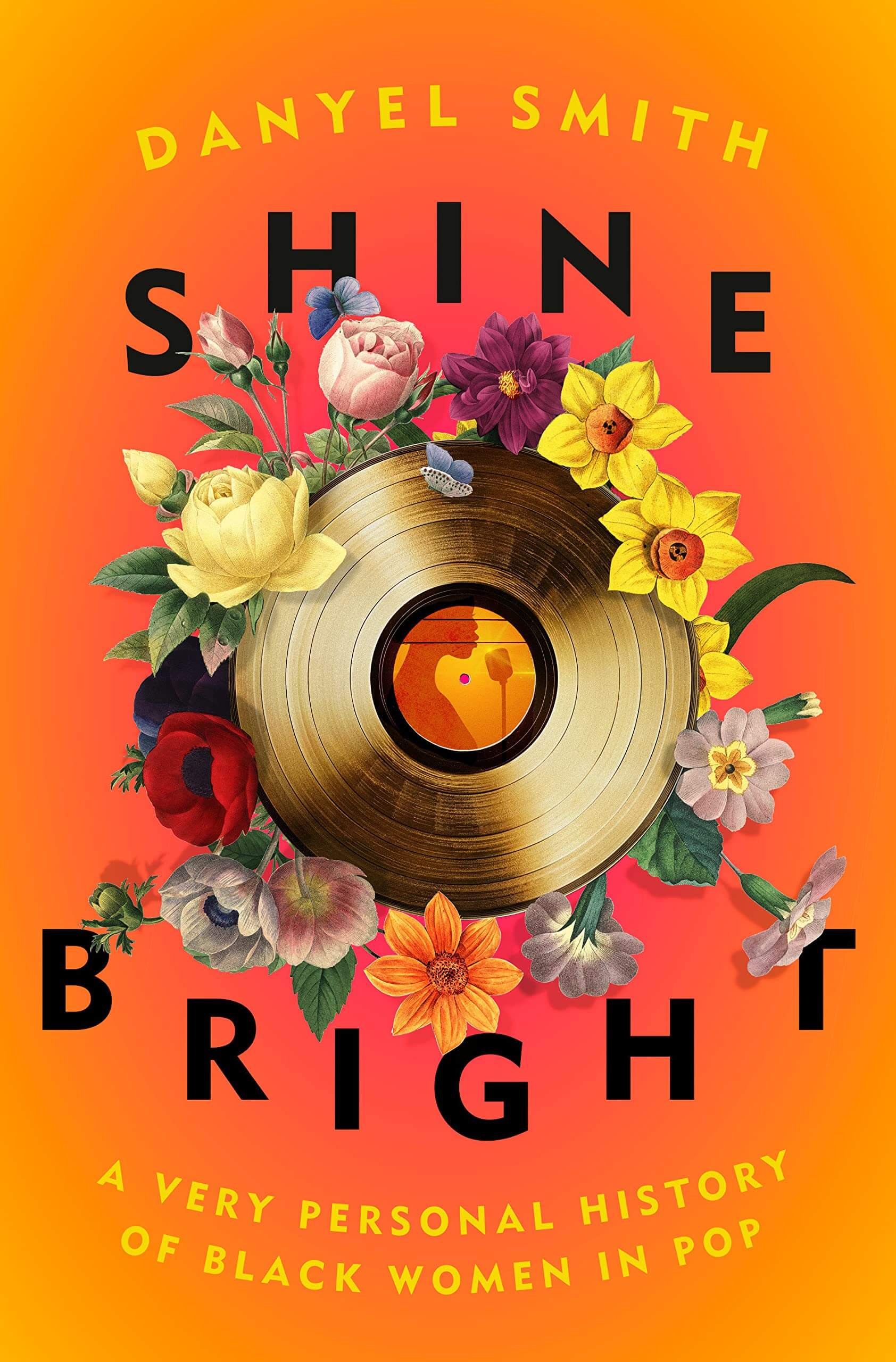
Shine Bright by Danyel Smith
A combination of biography, memoir, and critique, Shine Bright is an insightful history of Black women’s music and the ways in which it has provided a foundation for American pop. Smith begins her narrative by examining the work of an enslaved woman, Phillis Wheatley, who wrote and sang her poems, and goes on to explore the stories of artists like Mahalia Jackson, Dionne Warwick, Aretha Franklin, Gladys Knight, as well as the lesser-known careers of Marilyn McCoo, Deniece Williams, and Jody Watley. Shine Bright is a tribute to all of these women and the tremendous impact they’ve had on American pop music.
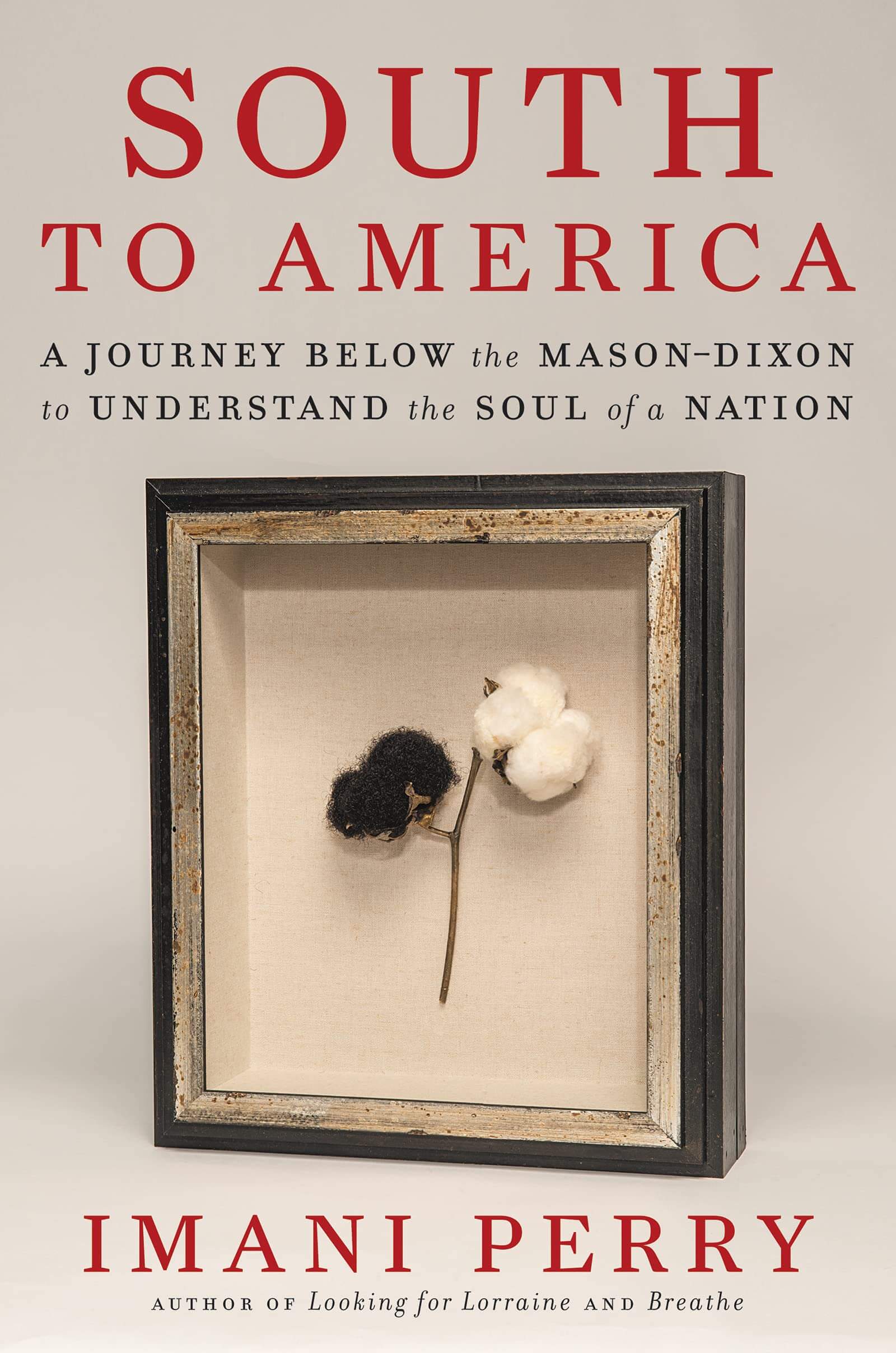
South to America by Imani Perry
In this insightful meditation of the United States and its dark past, Imani Perry proves that the only way to truly understand the nation is to understand the history and culture of the American South. Perry returns to her home in Alabama and observes it through a fresh perspective, encountering new places and people and diving into the region’s troubling history. She collects stories of immigrant communities, enslaved peoples, unrecognized heroes, her own ancestors, and others, assembling a unique and breathtaking medley. Full of hope for a better future, South to America is revelatory, powerful, and inspiring.
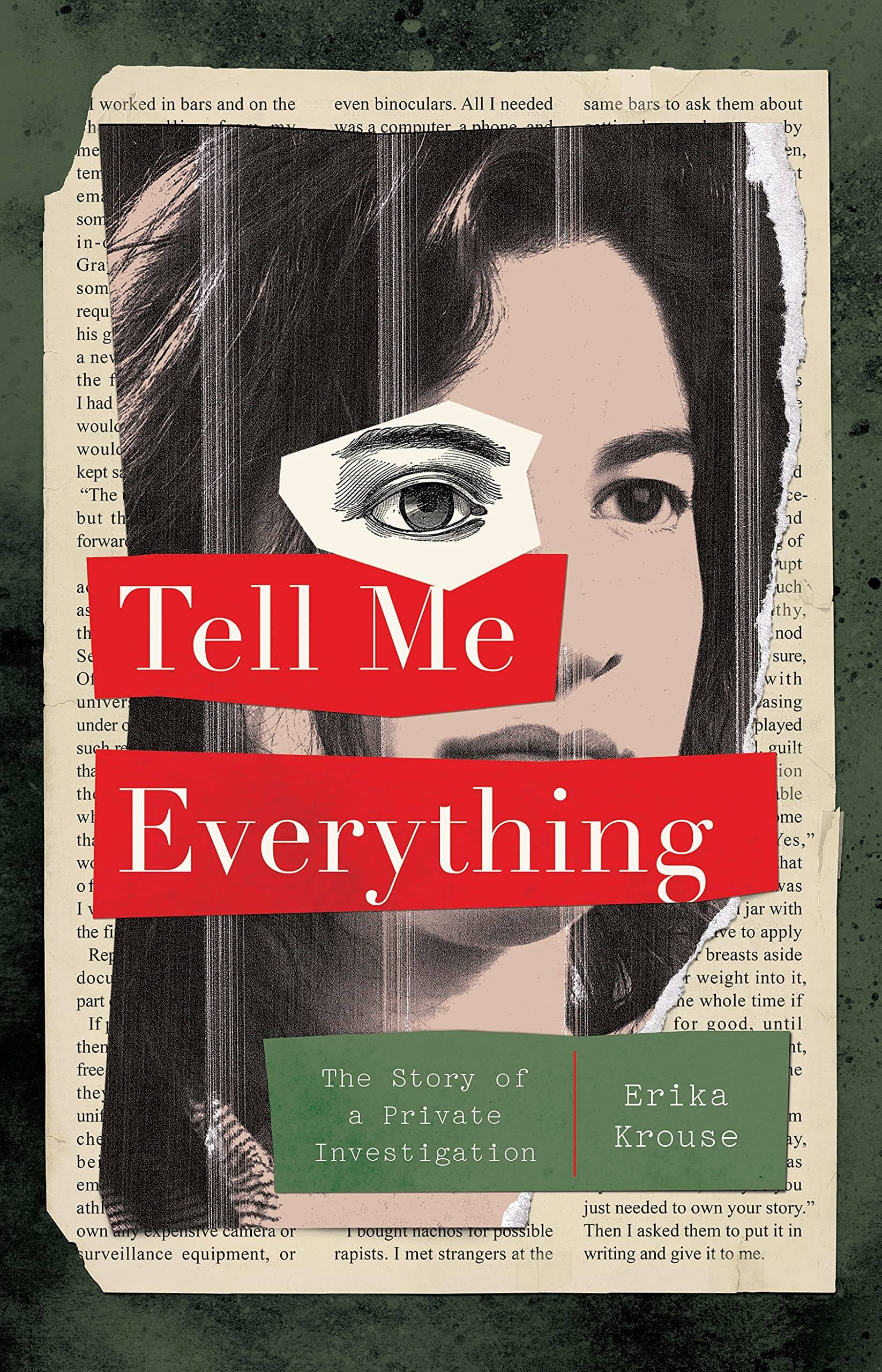
Tell Me Everything by Erika Krouse
Tell Me Everything is a memoir and a true crime story that dives into the life of a female private investigator as she unravels a case of sexual assault. When assigned the case, Krouse, who had also experienced sexual violence in her past, couldn’t refuse the opportunity to change things for the better. Over the next five years, as Krouse learned everything she could about the culture of sexual assault imbedded in a university’s football program, the investigation grew into a national scandal and a momentous civil rights case. This story follows Krouse as she learns to embrace her duty as a private investigator, a survivor, and a woman.
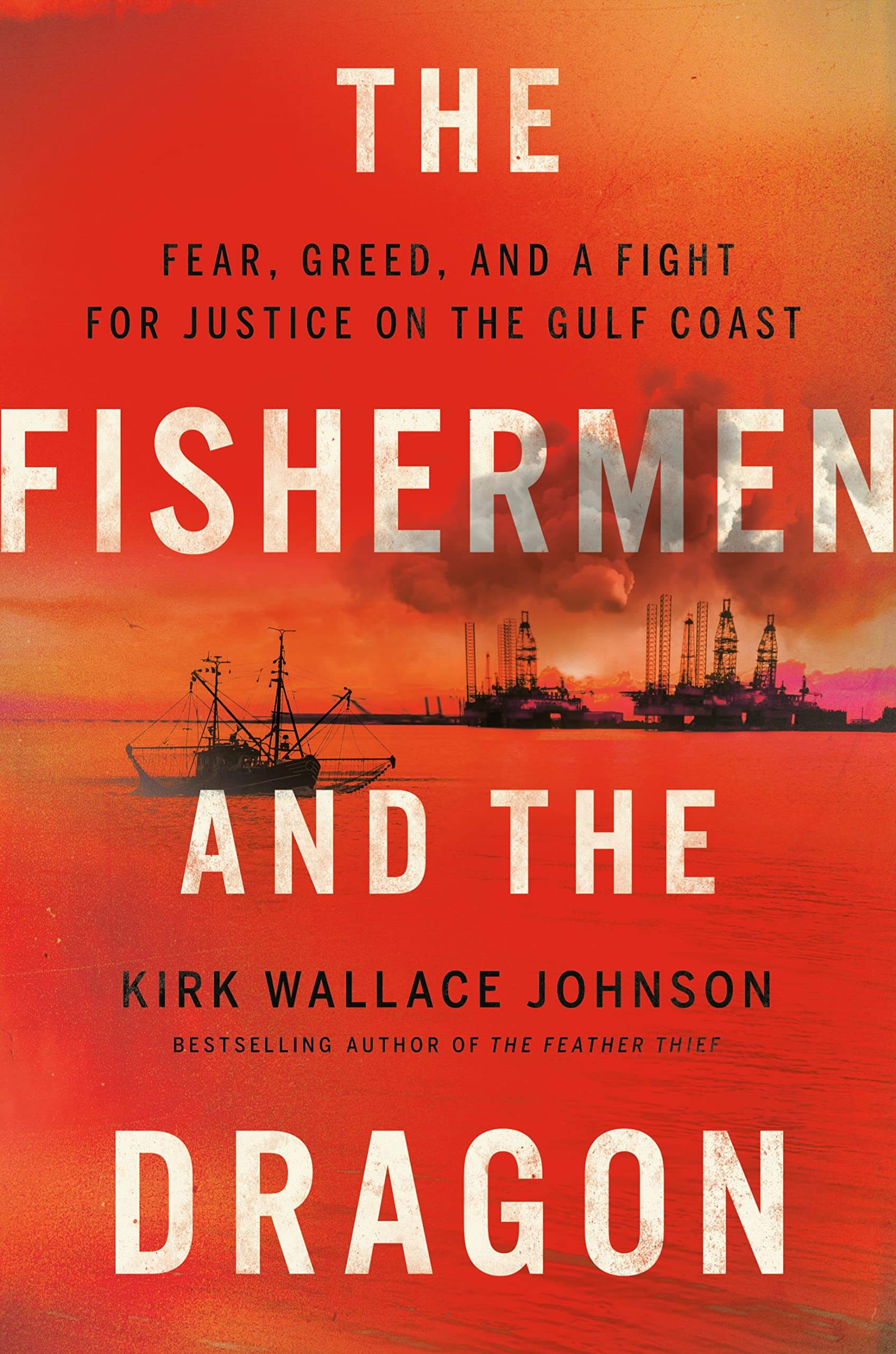
The Fishermen and the Dragon by Kirk Wallace Johnson
This engrossing book by Kirk Wallace Johnson investigates the crimes that took place in a small town set alight by discrimination and ecological disaster in the late 1970s. As petrochemical plants and oil spills began to destroy the bays that sustained generations of shrimpers and crabbers, the fisherman of the Texas Gulf Coast placed blame on only one group of people for their empty nets: The Vietnamese refugees who had recently started fishing. When a young refugee killed a white crabber in self-defense, the Ku Klux Klan instigated a horrible campaign of violence against the Vietnamese. Johnson digs up a wealth of material and uncovers the truth behind crimes that went unsolved for decades. His investigation ultimately leads him to a woman whose fight for environmental justice could mean the salvation of the bays.
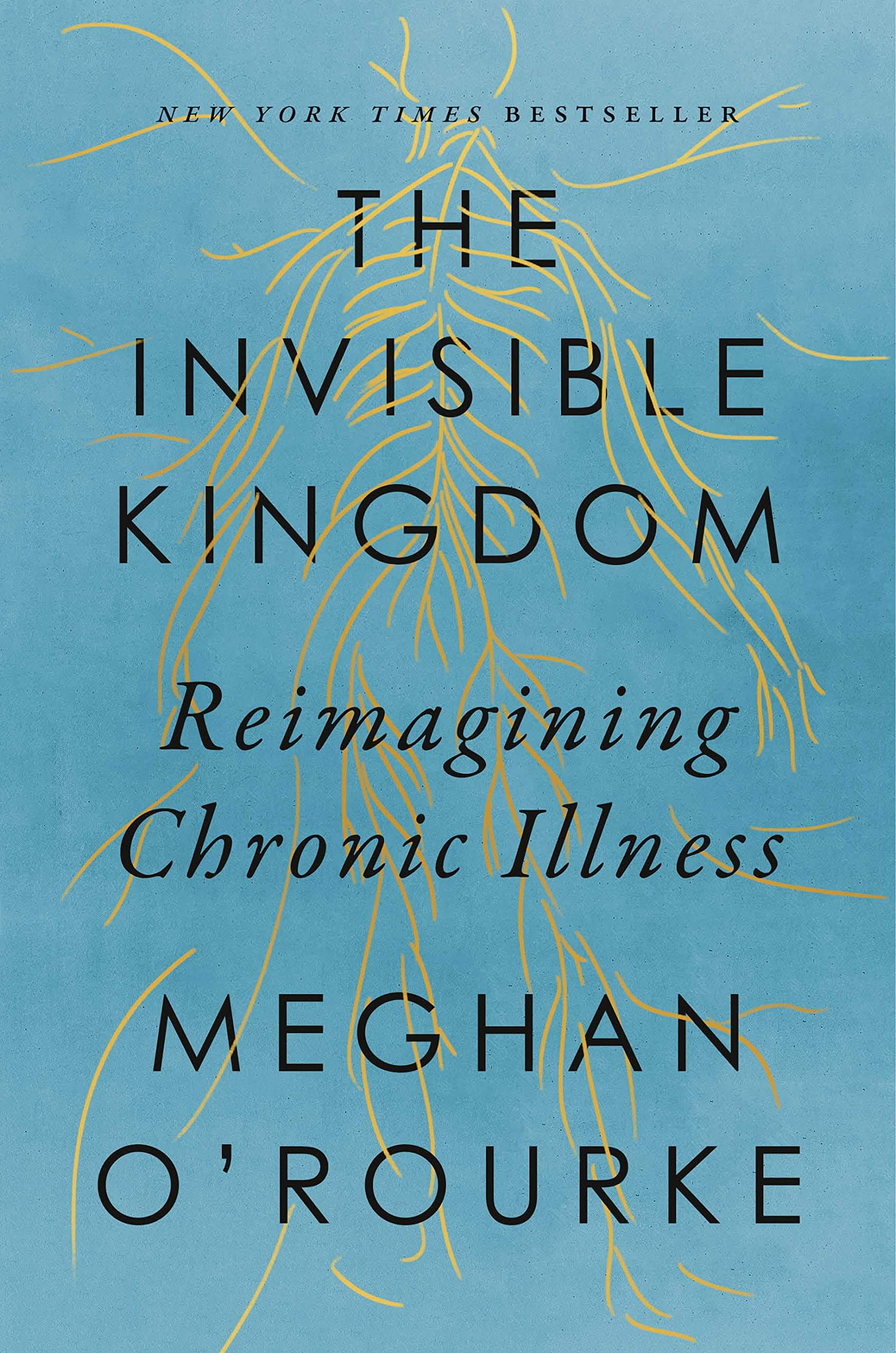
The Invisible Kingdom by Meghan O’Rourke
In this revelatory work, Megan O’Rourke investigates poorly understood chronic illnesses that affect millions of Americans and often go undiagnosed. Using her own experiences and research alongside interviews conducted with doctors, patients, and public health professionals, O’Rourke explores Western definitions of illness and demonstrates how these definitions might overlook medical conditions that cannot be easily explained or treated. She also discusses those most likely to be neglected during this health crisis: Women, the working class, and people of color. In her advocation for a radical shift in the way we approach disease, O’Rourke eloquently describes a more hopeful future for the sick and their loved ones.
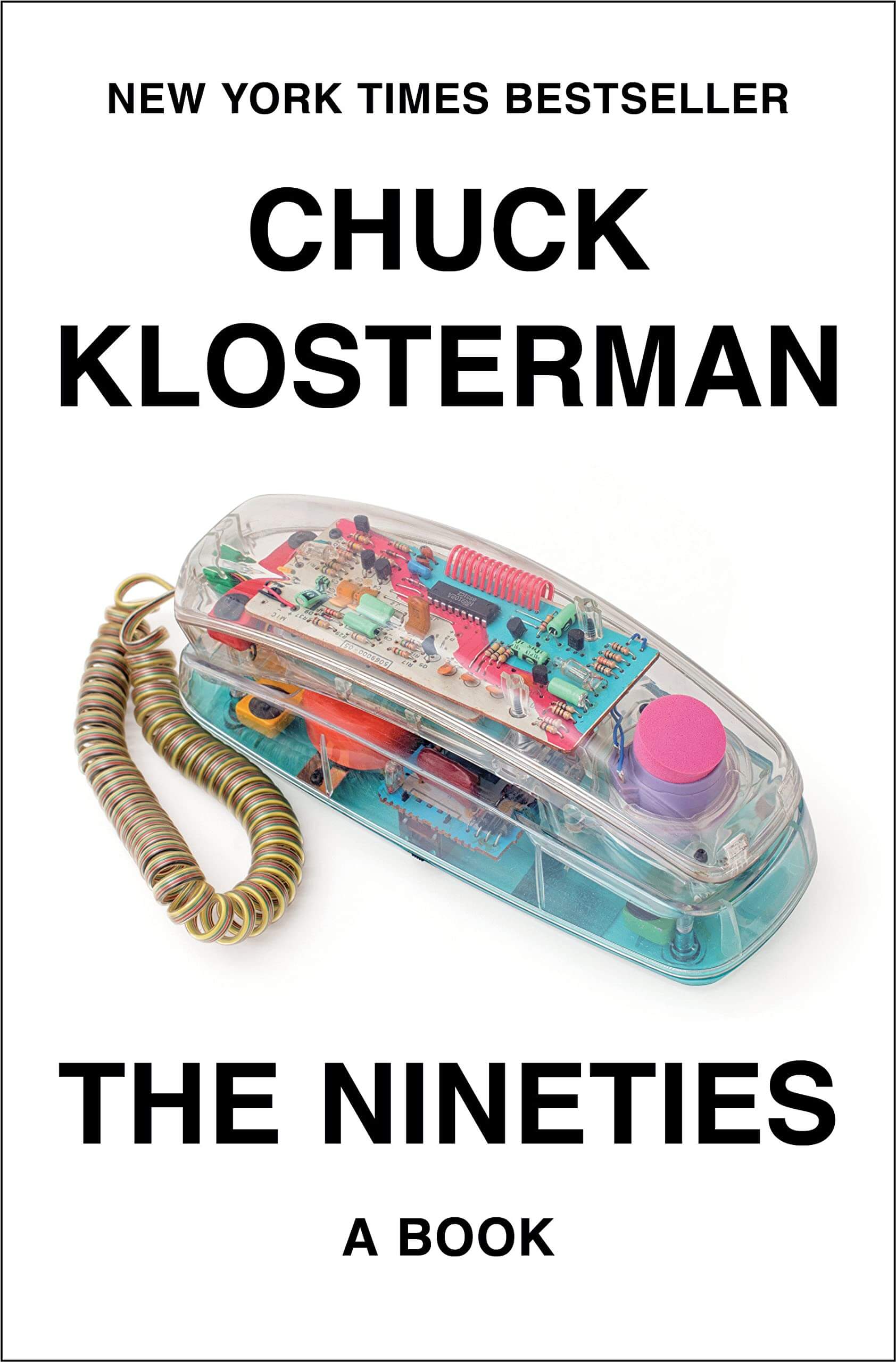
The Nineties by Chuck Klosterman
This book is a collection of memories and mementos of the nineties, a period of time that brought upon changes to the human condition we’re still trying to understand. Chuck Klosterman dives into the politics and pop-culture of the era, describing the ways society was transformed by the rise of the internet, the decade’s presidential elections, and the belief that nothing was more embarrassing than trying too hard. Klosterman discusses the movies, music, sports, and television of the nineties, as well as changes that were taking place concerning race, class, and sexuality. Creatively capturing an epic shift in society, The Nineties is insightful, nostalgic, and endlessly entertaining.
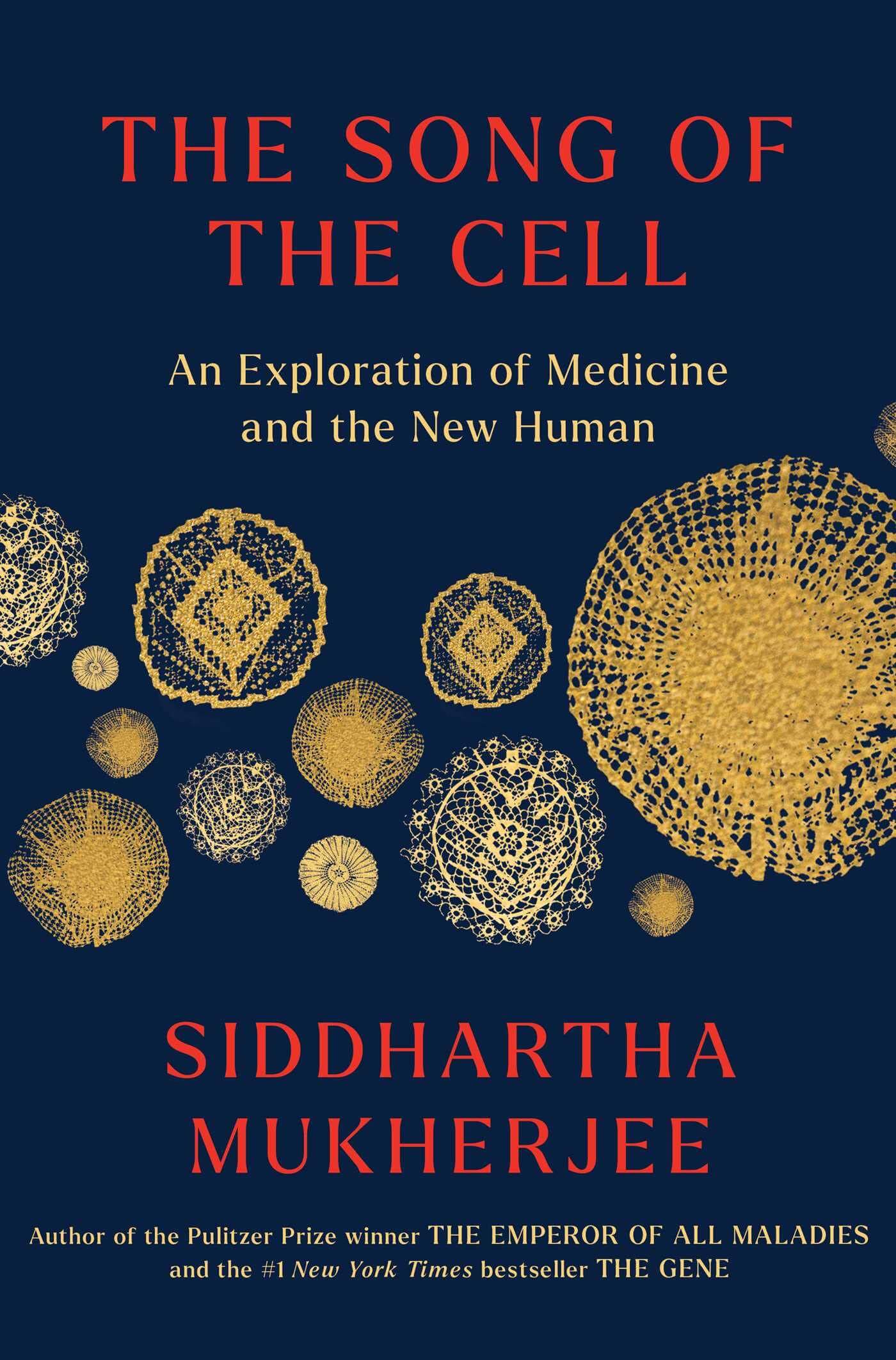
The Song of the Cell by Siddhartha Mukherjee
Consisting of six parts, The Song of the Cell is Siddhartha Mukherjee’s historical exploration of the cell: How cells were discovered by scientists, how we learned to understand them, and how that knowledge led us to create new humans. The reframing of the body as an ecosystem of cells revolutionized medicine in many ways, not the least of which was the introduction of cellular therapy. Mukherjee uses his experiences as a researcher, doctor, and avid reader to describe the cell’s journey in the world of medicine and does so in a way that is not only insightful, but truly captivating.
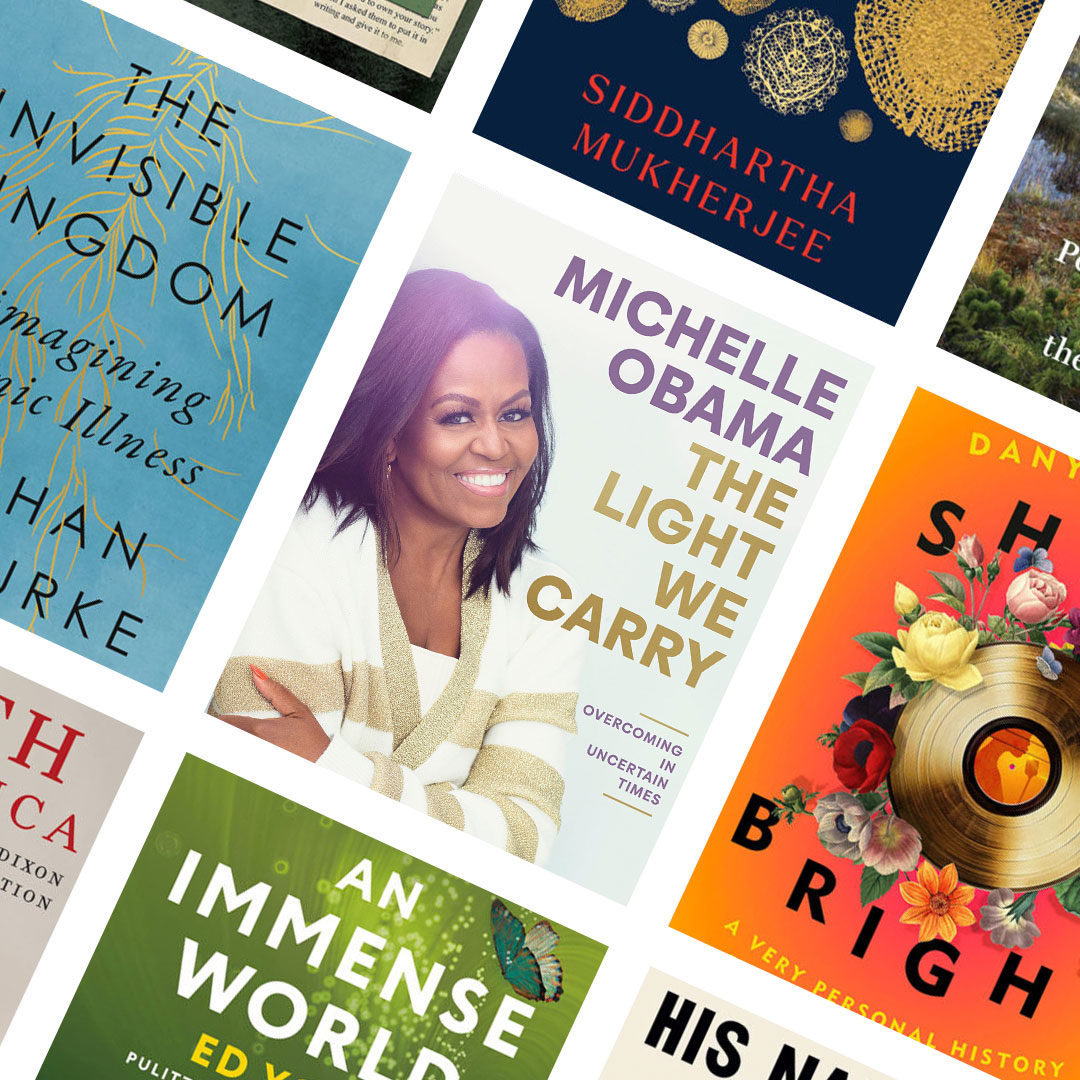
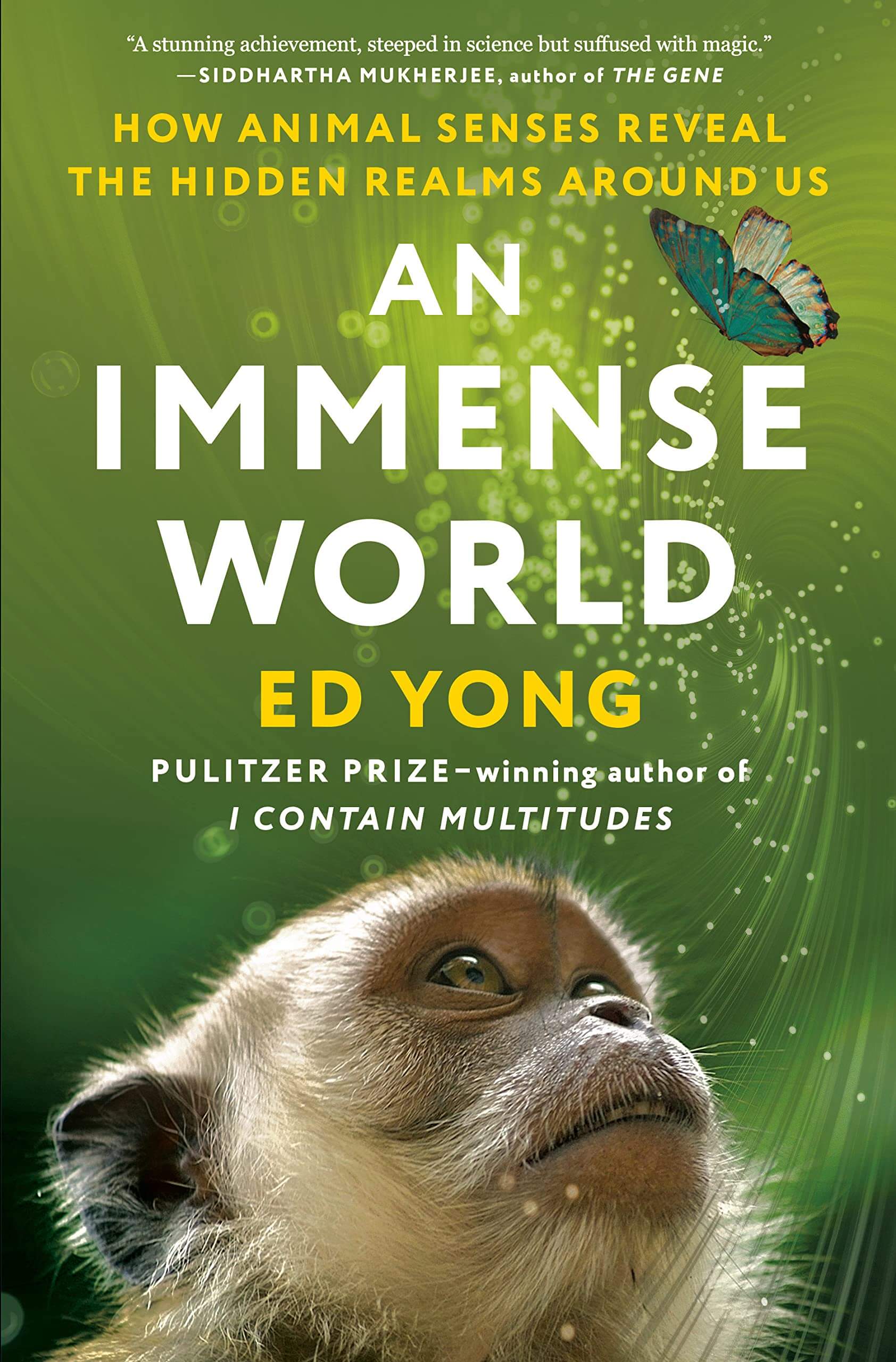



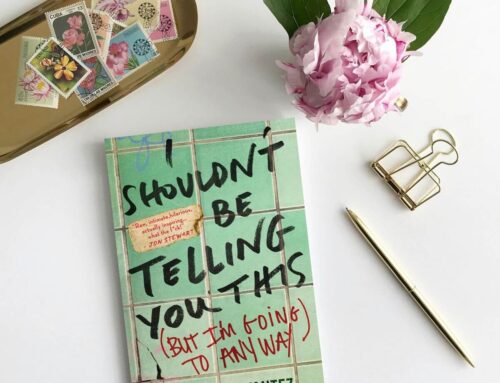
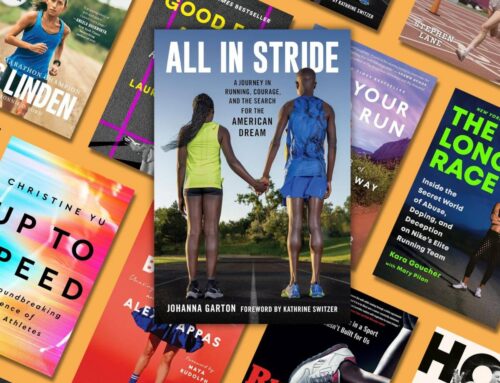
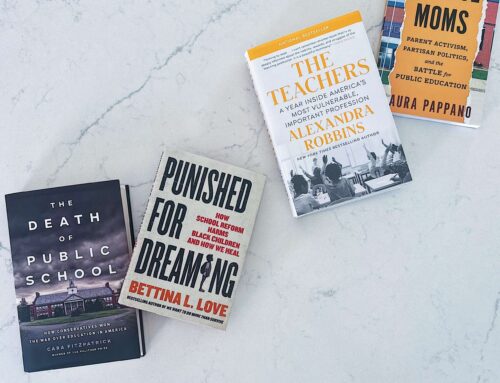
Leave A Comment